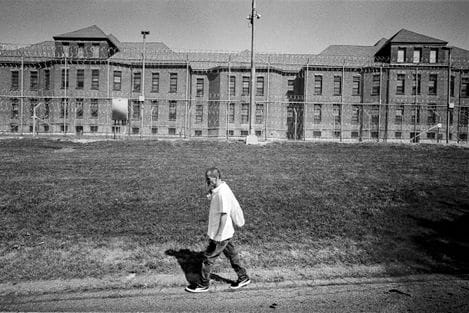
Community Corrections and Reentry for Justice-Involved Individuals
Introduction:
In our journey towards creating a more just and equitable society, it is crucial to fully understand and empathize with the challenges faced by justice-involved individuals as they seek to reintegrate into their communities. The transformative power of community corrections and reentry programs cannot be underestimated; they hold the key to building a path home for those who have encountered the criminal justice system. This blog will delve into the profound impact of community-based initiatives in supporting the rehabilitation and successful reentry of justice-involved individuals.
Individualized Care and Support:
It is of utmost importance to recognize the individuality of each person’s journey towards rehabilitation. The community corrections and reentry programs we discuss in this blog actively prioritize the provision of personalized care and support to address the unique needs and circumstances of justice-involved individuals. By fostering an environment of understanding and empathy, these initiatives not only bolster the chances of successful reintegration but also restore a sense of dignity and respect to those who are seeking to rebuild their lives.
Building Supportive Community Networks:
At the core of effective community corrections and reentry programs lies the understanding that a supportive community network is vital to facilitate the rehabilitation process. These programs actively collaborate with local organizations, faith-based institutions, and community leaders to create a web of backing that extends beyond formal services. By promoting a sense of belonging and connection, these initiatives create an environment where justice-involved individuals can thrive as they transition back into society, fostering hope and reducing the risk of relapse.
Confronting Systemic Barriers:
Successful reentry is hindered by numerous systemic barriers that justice-involved individuals courageously face. Access to affordable housing, transportation, gainful employment, and the stigma associated with a criminal record are just a few of the obstacles standing in their path. Community corrections and reentry programs acknowledge these obstacles and go above and beyond immediate support by advocating for policy changes and systemic reforms. By advocating equitable opportunities and challenging societal perceptions, these initiatives seek to break down the barriers that perpetuate cycles of injustice.
Conclusion:
As we strive to build a more empathetic and inclusive society, the value of community corrections and reentry programs cannot be overstated. By offering personalized support, fostering community connections, and challenging systemic barriers, these initiatives pave the way home and successful reentry for justice-involved individuals. Let us unite in our efforts to amplify the impact of these community-based solutions, working towards a future where the potential for transformation is embraced and supported at every step of the journey. Together, we can create a society that values empathy, second chances, and the inherent dignity of all individuals.